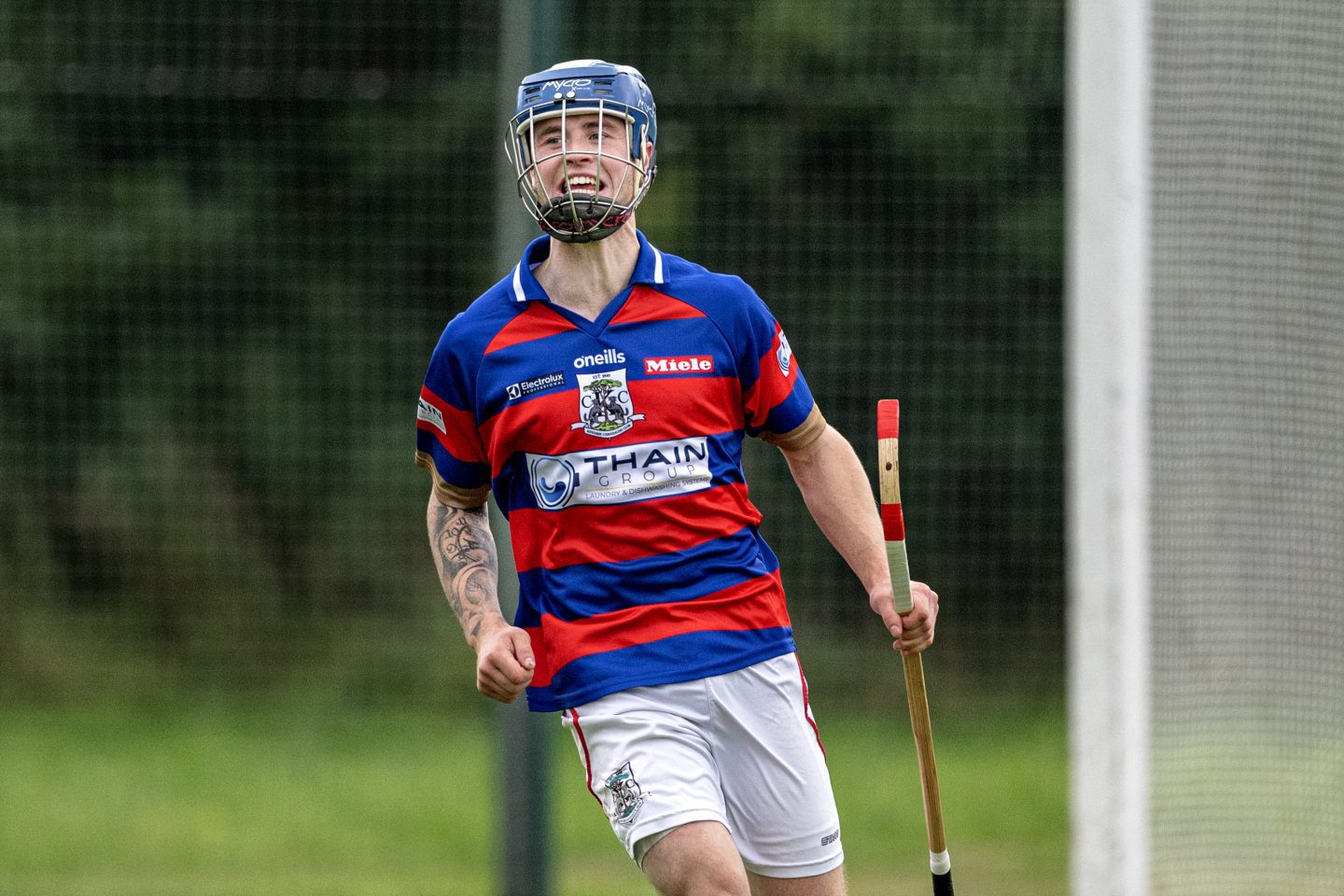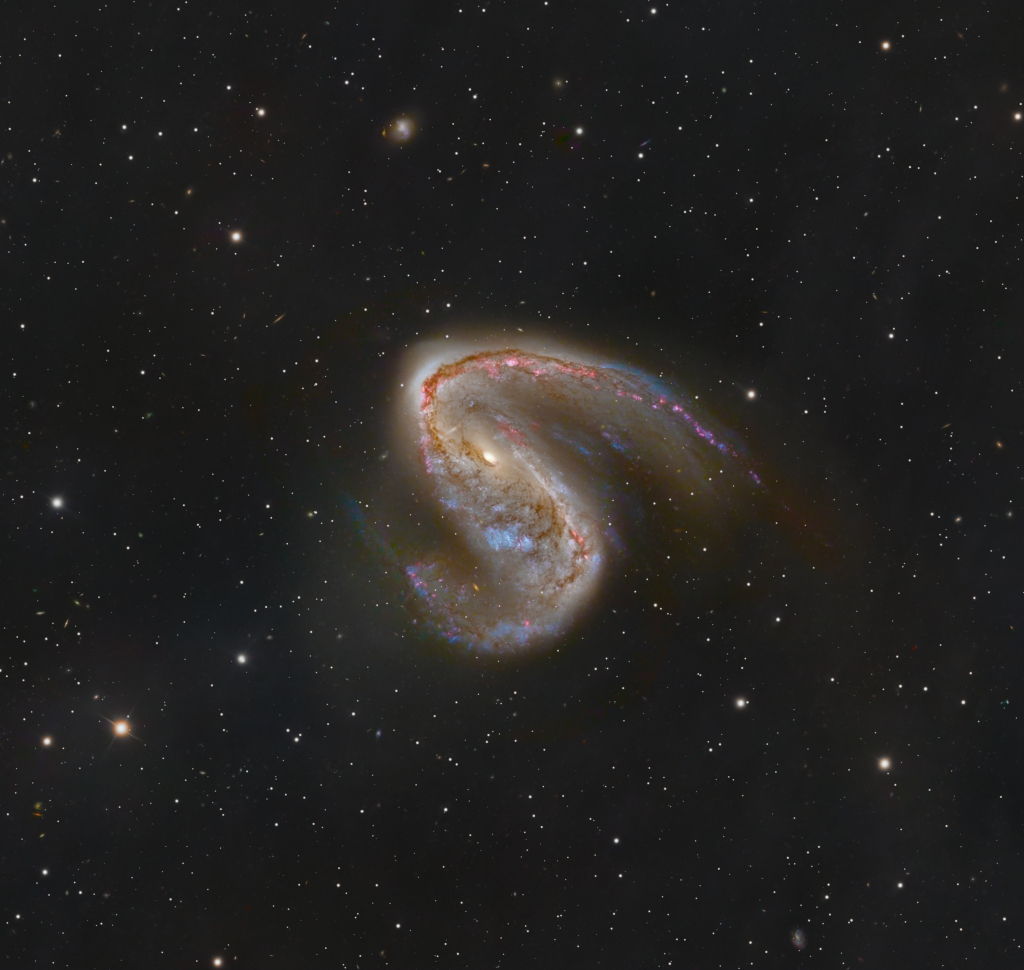KDP deputy leader speaks to Sulaimani voters ahead of November ballot

ERBIL, Kurdistan Region - Kurdistan Democratic Party (KDP) First Deputy Leader Nechirvan Barzani on Sunday urged voters in the Kurdistan Region’s eastern Sulaimani province to rally behind his party in Iraq’s November legislative elections, emphasizing their role in advancing the KDP’s record of development and governance.
“The KDP responds [to people’s support] with services and development. That is why I see the KDP becoming more and more popular in Sulaimani,” he told the crowds at a campaign rally in Sulaimani, urging “the people of Sulaimani to give the KDP a chance to show how prosperity and welfare can increase in this area.”
In the most recent federal elections, held in October 2021, the KDP won 31 seats in Iraq’s parliament. This year, with 175 candidates across the country, the KDP is fielding its largest list to date.
The party officially launched its electoral campaign in mid-October under the slogan 'Partnership, Balance, and Agreement.” Days later, the group’s First Deputy - who also serves as Kurdistan Region President - Nechirvan Barzani called on supporters to help the KDP “reach one million votes and more” in the upcoming federal elections, slated for November 11.
“Do not forget you are also an important part of the ‘1 million… and more’ campaign,” he said on Sunday. “We want to strengthen the KDP and we want the KDP vote to increase in this area.”
He further highlighted major development plans the party has for Sulaimani and neighboring Halabja province. “Rest assured that the KDP’s programs for this area are grand,” he stated, expressing regret that “the shortcomings in this area are a source of great grief for the Kurdistan Democratic Party.”
Under Prime Minister Masrour Barzani, also a deputy KDP leader, the Kurdistan Regional Government (KRG) has introduced landmark service projects, including the Runaki (Light) initiative - a flagship 24-hour electricity program launched in October 2024.
On Thursday, the KRG’s electricity ministry reported that the project now serves some 4.5 million residents across the Kurdistan Region, including more than 1.3 million people in Sulaimani.
Water infrastructure projects currently underway in Erbil are also set to extend to Sulaimani, Nechirvan Barzani confirmed.
He further pointed to his role in facilitating the reopening of Sulaimani International Airport, after Ankara lifted a two-and-a-half-year flight ban in early October that had been imposed over alleged PKK activity in the area.
“When the skies of Sulaimani have few flights, the flights of Kurdistan diminish,” he said, emphasizing that while “great prosperity has been established in Kurdistan, we are still not satisfied - it must be faster, greater, and better.”
Traditionally, the KDP maintains dominance in Erbil and Duhok, while its rival, the Patriotic Union of Kurdistan (PUK), holds greater influence in Sulaimani and Halabja. Both parties, however, have intensified efforts to rally voters outside their traditional strongholds. On Saturday, PUK leader Bafel Talabani held a campaign rally in Erbil.
Appeal to disputed territories
In addition to urging Kurdistan Region residents to vote, Barzani called on voters in Iraq’s disputed territories to participate in large numbers.
Under the Baath regime (1968 - 2003), Iraq implemented systematic Arabization policies to consolidate central government control over disputed regions - most notably the oil-rich province of Kirkuk.
These efforts involved large-scale demographic manipulation, with hundreds of thousands of non-Arabs - primarily Kurds, but also Turkmen and Assyrians - being displaced from their ancestral lands. In their place, the regime settled Arab families.
Following the regime’s 2003 collapse, Iraq’s 2005 Constitution sought to redress these historical injustices through Article 140, which established a three-step process - normalization, census, and referendum - to determine the final administrative status of the disputed territories.
The KDP’s deputy leader stressed the need for full implementation of Iraq’s federal constitution, saying, “There is a federal constitution in Iraq, but the authority and administration remain centralized, not federal.”
“It is our national duty for all of us to vote,” he further affirmed, adding that stronger Kurdish representation in Baghdad depends on high voter turnout.
Of note, both the KDP and PUK have made Baghdad’s violations of constitutional obligations a central theme in their campaigns.
The November 11 ballot marks Iraq’s sixth legislative election since the 2003 fall of the Baath regime.
According to Iraq’s Independent High Electoral Commission (IHEC), around 21.4 million eligible voters have renewed their biometric cards, signaling intent to vote.
A total of 31 alliances, 38 parties, 23 independent candidates, and 56 quota candidates will compete for 329 parliamentary seats, including nine reserved for minorities.
Over 7,700 candidates are registered to run, with more than 39,000 polling stations set to open across 8,703 centers, along with additional stations for special and displaced voters.
[Source: Rûdaw English]

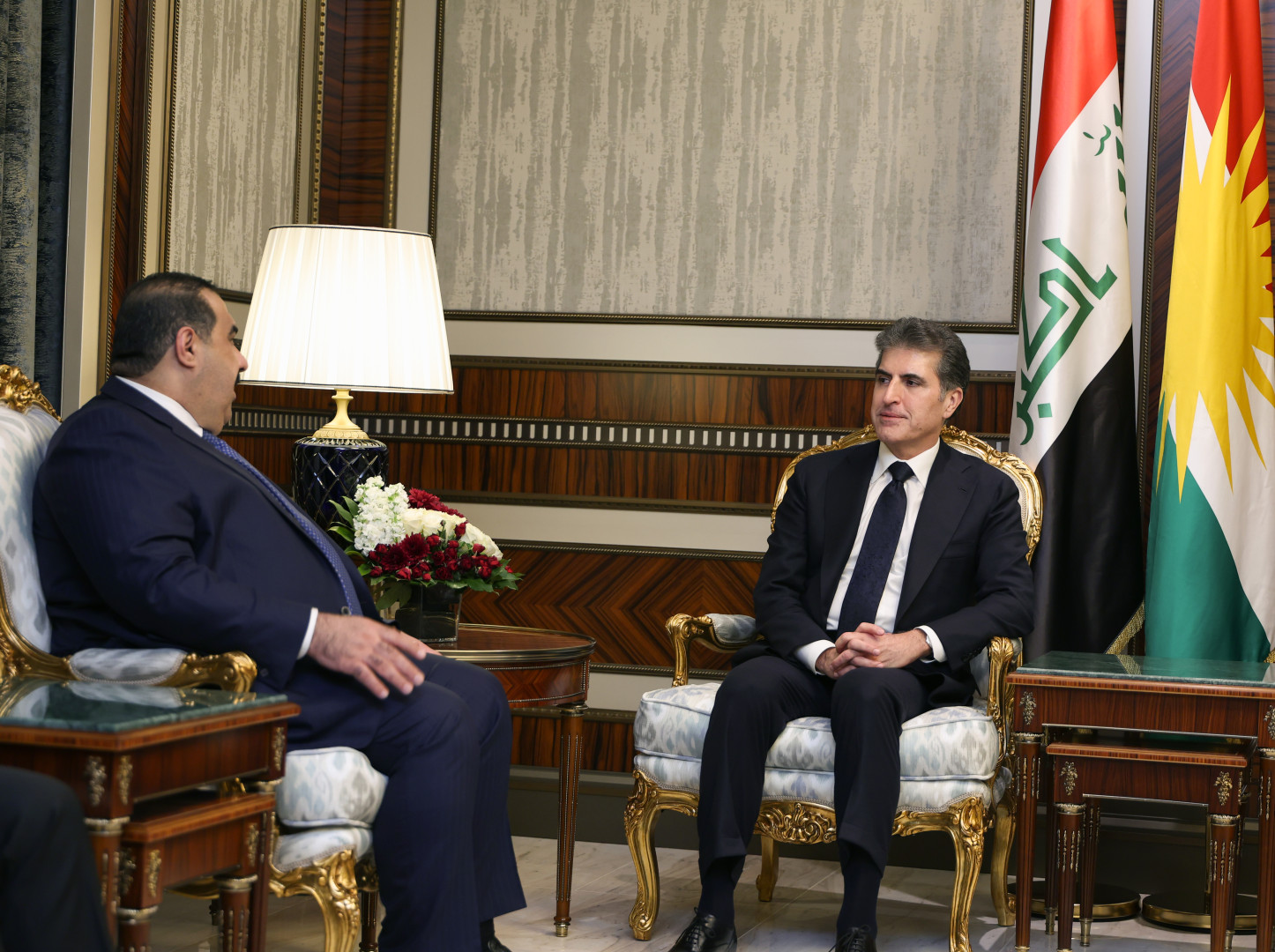

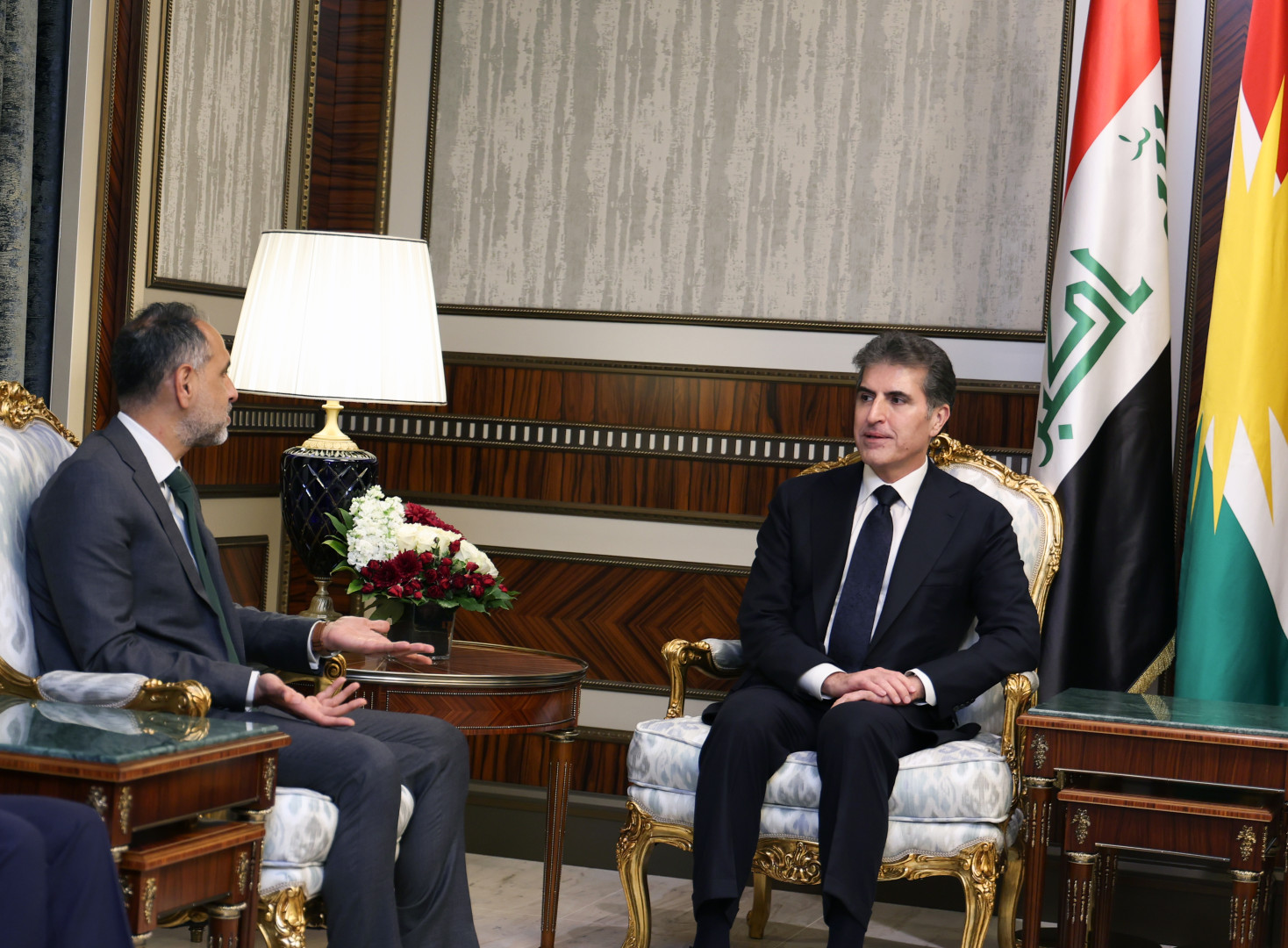



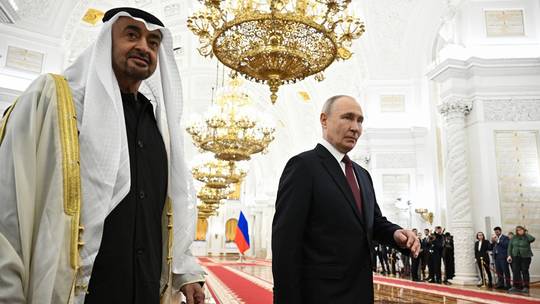
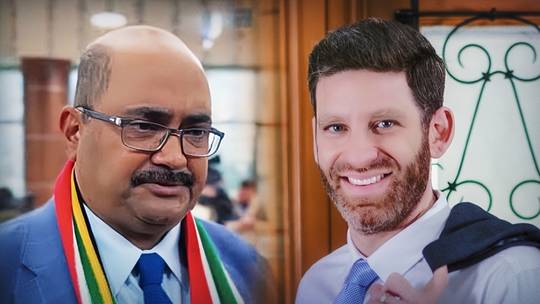









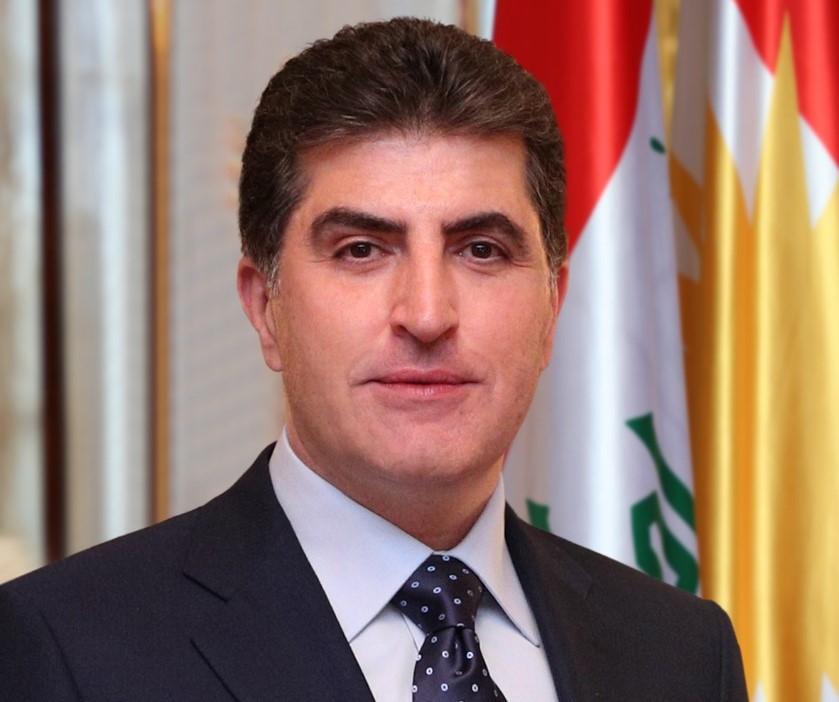



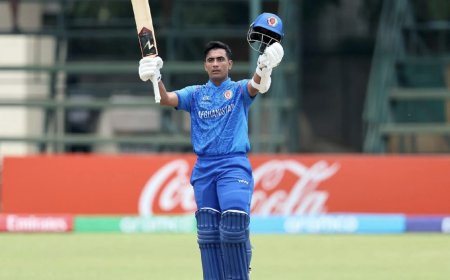
/file/attachments/orphans/IMG_9103_429753.jpeg)




